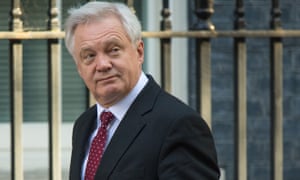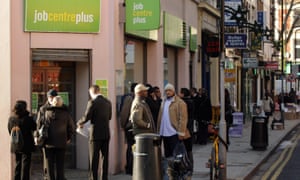The old joke that asks why there is only one Monopolies Commission may no longer work now the watchdog has rechristened itself the Competition and Markets Authority.
But perhaps it’s no coincidence that the UK’s trustbusters have dropped the word “monopoly” from their name.
Contemporary Britain can seem oddly complacent in the face of declining competition. True, it is not the only country to face the uncomfortable concentrations of market power that new technology and global capital make possible.
Many advanced economies struggle with the “winner takes all” nature of the internet.
Large parts of the UK’s competition mechanism are in any case delegated to Brussels. But even so, the country often contrives to drop the trustbusting ball.
Take the ongoing dispute between Transport for London and Uber over whether the car-booking service should retain its taxi licence.
TfL is up in arms about safety standards. But the real scandal here is the way Uber has been allowed to hoover up the London taxi market.
Almost unseen, the US company has been able to turn a price-regulated black cab monopoly into an unregulated one where it increasingly dominates the capital’s streets.
Facts on market shares are hard to obtain, in part because of Uber’s un-transparent structure.
Fares for its services are paid not to a UK company, but to a Netherlands vehicle, which remits only sufficient money to the UK subsidiary to cover its costs and pay vestigial amounts of tax.
Nonetheless, it is clear that Uber has built a very substantial position in the five years since it received a licence, the only app-based service yet to do so.
The service has 40,000 drivers on its network, four times the number of black cab drivers. The second largest non-black cab private hire operator in London, Addison Lee, has just 4,800 drivers on its books.
Compare that, for instance, to supposedly highly regulated Paris. There, customers have a choice of numerous app-based services, including Uber, Taxify, Allocab and Le Cab, as well as traditional regulated taxis.
Travis Kalanick, Uber’s founder, may talk about London as the “Champion’s League of transportation”. But it is also one of the company’s top three cities worldwide in terms of profitability. Unsurprisingly, perhaps, given that in this “competition”, the authorities have excluded its main rivals.
Other app-based services such as Taxify have been unable so far to obtain licences. Perhaps Uber has been treated as a guinea pig by the regulators. But if so, that careless decision may have allowed it to steal an uncatchable head start.
Taxis are not the only area where competition has been allowed to take a back seat. Take the concentration of market power that occurred in the banking sector after the financial crisis, largely prompted by the merger of Lloyds TSB and HBOS.
The CMA has placed its faith in limp behavioural remedies and backed away from any muscular changes such as break-ups.
Or the telecoms sector, where the regulator allowed BT, the old national network, to buy EE and create a preponderant mobile operator without proposing any material steps to redress its evident market power.
A recent study by the Social Market Foundation shows how the cumulative effect of market concentration increasingly threatens consumers’ interests.
Out of 10 key markets accounting for 40 per cent of consumer spending, it found that eight — including groceries, mobile phones, gas and current accounts — were concentrated, meaning they were dominated by a small number of large companies.
Only the car industry and the mortgage market were genuinely open, with no single operator in the former sector controlling more than 15 per cent of the market. Meanwhile, in telephone landlines, BT has about 80 per cent.
Concentration and competition are not the same thing. In some sectors, such as groceries, it can be possible to have both because of the ease of switching.
But in many sectors the concentrated market power erodes competition to the detriment of consumers.
The lack of competition in banking, for instance, costs customers £6bn a year, or £116 each, according to a competition inquiry in 2016. In the energy sector, another inquiry found that Britons are paying £1.7bn too much each year for their power. Despite official investigations galore, neither has been addressed.
Like the famous line about empire, Britain appears to be acquiring oligopolies in a fit of absence of mind. It is a dangerous inattention.
For these concentrations do not just hit consumers in the wallet. They exact a cost in terms of public loss of confidence in private business and free markets. A state that believed in either would bust more trusts.

